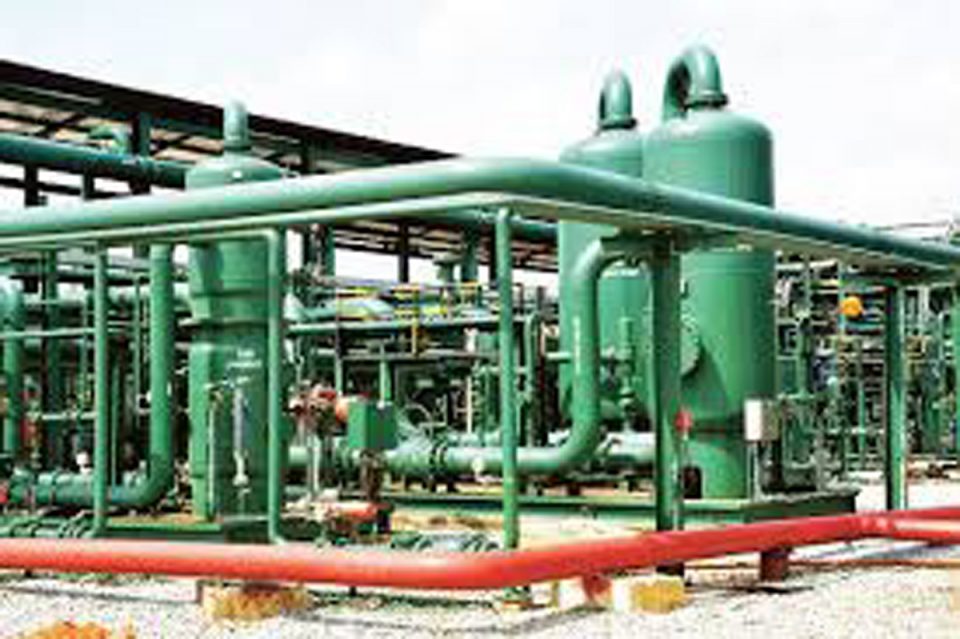CNG: Subsidise vehicle conversion, expert urges FG
By Yusuf Yunus
Dr Ayodele Oni, an oil and gas expert, has advised the Federal Government to subsidise the cost of converting vehicles from petrol to Compressed Natural Gas (CNG) to encourage Nigerians to adopt the alternative fuel source.
Oni gave the advice in an interview with the Business Intelligence (TBI Africa) on Sunday in Lagos.
It would be recalled that President Bola Tinubu on Oct. 1 said that the federal government would make provision for 55,000 CNG conversion kits to kick-start an auto gas conversion programme.
Oni, also a Partner at Bloomfield Law Practice, said that the average cost of converting vehicles from fuel to CNG was about N325,000, adding that it might be too high for many transporters to afford.
To address this issue, Oni suggested that the government needed to collaborate with private companies to establish a financial structure where those interested in conversion would contribute towards the cost.
According to him, some Nigerians have proposed that the government should make the conversion free for interested individuals.
“But, l am of the opinion that instead of making the conversion free, government can subsidise the cost.
“This is because the cost of conversion is very high. If the government bears the cost, it may have a negative effect on the economy that the government is trying to stabilise.
“Also, the removal of custom duties and VAT on the importation of conversion kits is a way of government subsidising the cost of conversion and it is a welcome idea,” he added.
Oni said that the N100 billion proposed by government for conversion kits can be likened to a means of subsidising the cost of conconversion
Oni further recommended that the government could also engage private investors to establish conversion centers across Nigeria, ensuring that the average person had access to the necessary conversion kits.
The expert added that the National Orientation Agency, in collaboration with state’s government and local governments, should enlighten the people on the importance of CNG vehicles.
To increase awareness and understanding of the benefits of CNG vehicles, he suggested that the National Orientation Agency, in partnership with state and local governments, should educate the public on the advantages of CNG vehicles.
He said this would help individuals understand the government’s efforts in subsidising the conversion costs and other financial benefits offered.
Oni said the government reintroduced fuel subsidy due to the instability of the foreign currency, especially the dollar to Naira exchange rate.
“It is not news that we import petrol and which it has been affected by the fall of Naira against dollar, and the surge of price of crude oil in the international markets.
“The forex crisis and the recent increase in crude oil have made it impossible for petrol to be sold at the current price. However, government is reluctant to increase the price of petrol.
“The possible measures that can be taken is that our refineries should be operational because this will reduce the amount of petrol being imported.
“Further to this, government should promote the use of gas against petrol which we have in abundance.
“Third, immediate parliatives should be available such as government owned means of transportation,” he advised.
On removal of VAT on diesel, Oni said that government’s attempt to remove VAT on diesel for a period of six months is a welcome step toward reducing the effect of subsidy removal.
He said that this would reduce the price of diesel and increase the purchasing power of consumers as well.
“It is important to note that VAT, or value-added tax, is a consumption tax imposed on goods and services purchased by consumers.
“It is typically added to the purchase price and paid by the consumer alongside the cost of the goods or services.
“Although the nominal tax burden is passed downstream due to the price mechanism, it is ultimately borne by consumers.
“The reduction or removal of VAT rate reduces the consumption tax on the goods, thus reducing the cost of goods and will ultimately increase the purchasing power of consumers ,” he added.




